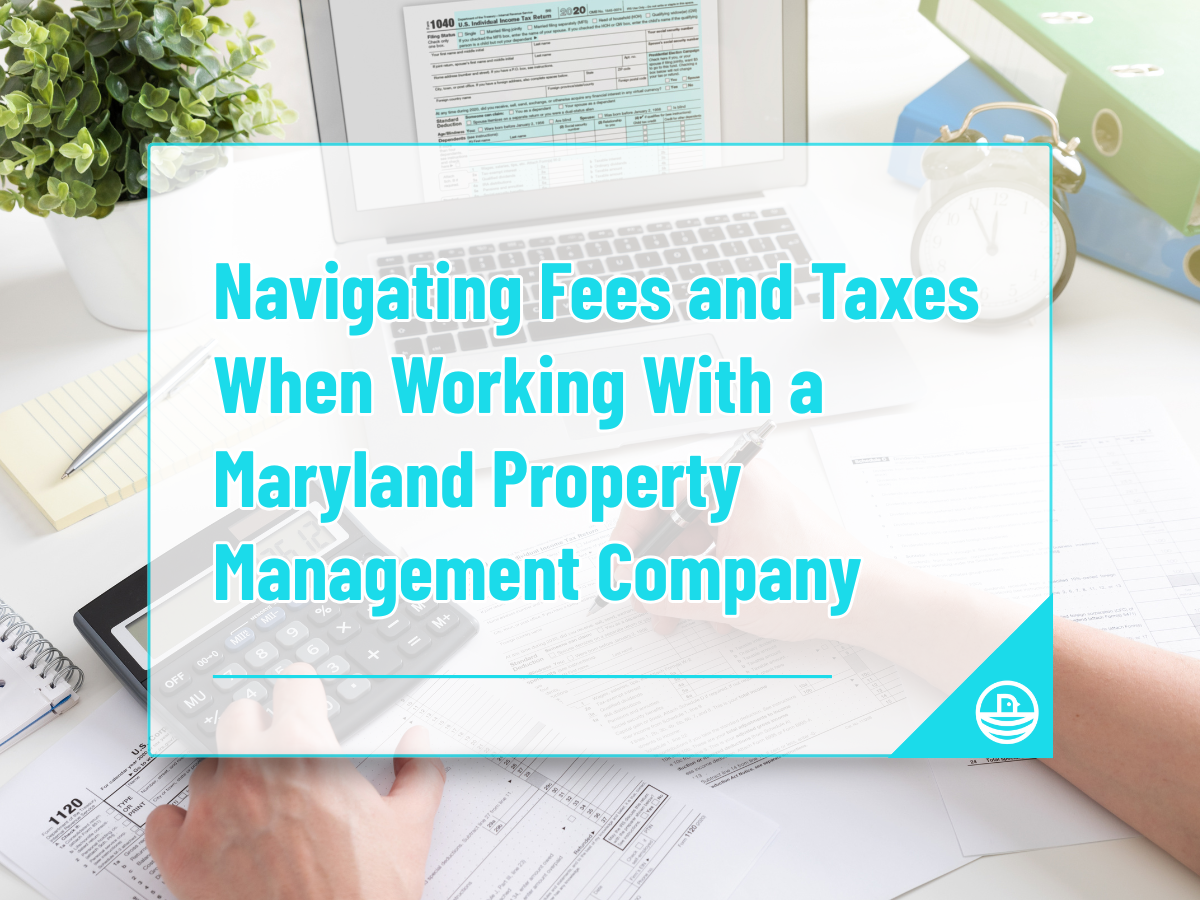Squatters’ Rights in Maryland: What Landlords Need to Know
Introduction
Understanding squatters’ rights is critical for landlords in Maryland. As urban areas face housing shortages and rising property values, the issue of squatting has become more prevalent, making it essential for property owners to be informed about their rights and the legal landscape. This article aims to clarify the complexities surrounding squatters’ rights in Maryland, providing landlords with the tools they need to navigate potential challenges.

The Legal Definition of Squatting
Squatting is defined as the act of occupying an abandoned or unoccupied property without the permission of the owner. In legal terms, squatters may potentially claim rights over a property if they can meet certain criteria. The distinction between squatters and tenants is crucial; tenants have signed agreements and possess legal rights, while squatters do not have the owner's consent.
While squatters lack permission to occupy a property, their presence can still invoke a range of legal implications. Various laws exist to address these situations, particularly in urban neighborhoods such as those in Maryland.
The History of Squatting Laws in Maryland
Maryland's squatting laws have evolved over centuries, reflecting changes in social attitudes towards homelessness and property rights. Historically, the Commonwealth has attempted to balance the interests of property owners with the rights of individuals seeking shelter. Court cases and legislation have shaped this balance, creating a matrix of legal guidelines that landlords must navigate.
In Maryland, squatters may eventually gain legal rights through the doctrine of adverse possession, allowing individuals to claim property ownership under specific conditions, potentially leading to complications for unsuspecting landlords.
The Difference Between Trespassing and Squatting
Distinguishing between trespassing and squatting is vital for property owners. Trespassers enter a property without permission and do not intend to make it their own; conversely, squatters occupy the property with the intention of establishing residency.
The legal consequences are different for each. For example, trespassing usually leads to immediate legal action and eviction, while squatting can lead to prolonged disputes over property rights if the squatter establishes adverse possession.
The Process of Adverse Possession in Maryland
In Maryland, individuals may acquire title to property after possessing it openly and continuously for 20 years. The essential components include continuous possession and the owner's failure to assert their rights during this period.
This doctrine serves as a double-edged sword. It can protect individuals who have made a home in a property, but it poses a significant risk for property owners who may inadvertently lose their investments.
Requirements for Adverse Possession
To successfully claim adverse possession in Maryland, several requirements must be met:
- Continuous possession: The squatter must occupy the property without interruption for 20 years.
- Open and notorious: The possession must be visible and obvious, so the owner is aware of the occupancy.
- Exclusive possession: The squatter must be in sole possession and not share it with others.
- Hostile claim: The occupation must be against the interests of the property owner, without consent.
Meeting these criteria can lead to complex legal battles for landlords trying to regain control of their properties.
The Legal Procedure for Claiming Adverse Possession
Landlords concerned about potential adverse possession claims must understand the legal procedure involved. It typically begins with a real estate lawsuit initiated by the squatter, seeking formal recognition of their claim. The court will evaluate whether the squatter has successfully met the criteria outlined above.
Landlords facing such claims should seek legal counsel to ensure they present a strong defense, which often requires providing substantial evidence of their ownership and regular inspections of the property. This process can be lengthy and burdensome, emphasizing the importance of proactive property management.
The Rights of Property Owners
Property owners retain a variety of rights, even when faced with squatters. They have the right to reclaim their property using lawful channels, which may include filing for eviction based on trespassing laws. Moreover, effective communication and legal action can often resolve issues before they escalate.
However, property owners must be cautious about how they handle squatters, as unlawful evictions can lead to serious legal ramifications. Consulting with a lawyer experienced in landlord laws is advisable to avoid making mistakes that could be detrimental.
How to Prevent Squatting
Maintaining your property and preventing squatting requires vigilance and preparation. Here are some effective strategies that landlords can employ:
- Conduct regular property inspections to identify any unauthorized occupants.
- Secure entry points with locks and monitoring systems.
- Maintain the property in good condition to discourage squatters.
- Establish a relationship with the local community to report suspicious activity.
- Hire a property management company to keep an eye on your rental.
Taking these proactive steps can significantly reduce the risk of squatting and subsequent legal challenges.
Legal Recourse for Property Owners
If a squatter occupies a property, landlords have legal recourse. The first step is often sending a formal eviction notice, which outlines the intent to reclaim possession of the property. This process must follow local laws to ensure compliance and avoid unnecessary complications.
Should a squatter refuse to leave, landlords may need to initiate formal eviction proceedings, which may involve court appearances. Engaging a qualified attorney knowledgeable about squatters' rights and eviction laws is critical during this phase.
Squatters’ Rights in Maryland
In Maryland, squatters' rights are taken seriously - particularly on the city and county level due to the area’s unique housing dynamics. While squatters can be evicted, the legal process can take time, especially if squatters assert their rights based on adverse possession. Consequently, landlords must remain vigilant and informed of local laws and regulations. Moreover, understanding community resources and local support services can prove beneficial in dealing with squatting issues effectively.
Legal Protections for Squatters
While it may seem counterintuitive, squatters in Maryland have legal protections under specific circumstances. For instance, if they can prove they meet adverse possession criteria, they may gain rights to the property, forcing landlords to navigate a challenging situation.
Additionally, the broader context of tenant rights and housing laws can impact how squatters are treated, often providing them with certain protections against immediate eviction, particularly during housing crises.
The Process of Eviction for Squatters
Evicting a squatter entails a legal process that varies based on local laws in Maryland. For landlords, the eviction process typically includes:
- Issuing a written notice to the squatter to vacate.
- Filing for eviction in court if the squatter does not comply.
- Presenting evidence in court to establish ownership and the nature of the occupancy.
Being aware of the legal requirements and deadlines is crucial throughout this process, as failure to adhere to them can result in delays or legal challenges, further complicating the landlord's ability to reclaim their property.
Final Thoughts: Squatters’ Rights in Maryland
Understanding squatters’ rights in Maryland is essential for landlords aiming to protect their investments. By being informed about the legal landscape, property owners can take appropriate prevention measures and respond effectively should a squatting situation arise. Engaging legal experts and staying proactive in managing properties are critical components of successful property ownership in the face of potential squatters’ claims.
Would you rather spend your time building your rental investment portfolio and leave the squatting prevention to the experts? Contact our local property management team today!













